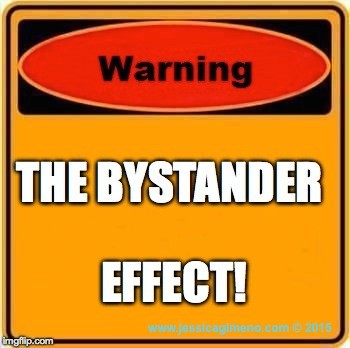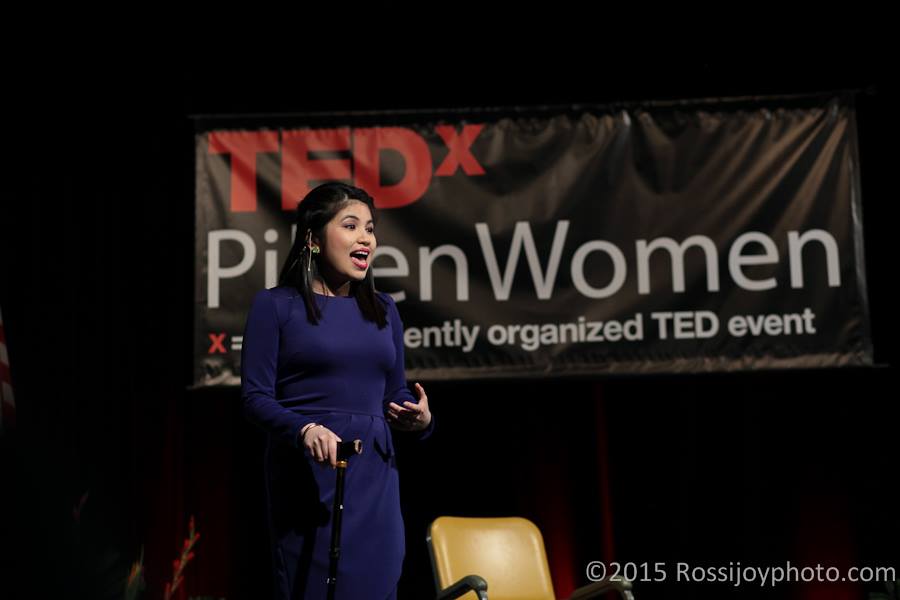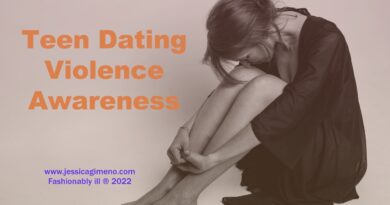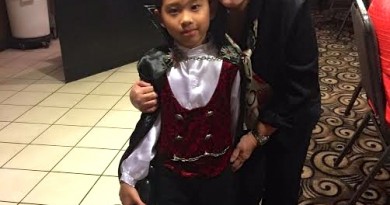Disability, Assault, & Helplessness: Be Aware of The Bystander Effect

Most people with illnesses can recall the moment they realized their lives changed forever. For example, a reader with lupus shared with me the moment the doctor diagnosed her. My moment came in 2008. I was 24-years old and climbing up this long flight of stairs at work. I was coaching high school mock trial at the time. All of the sudden, I could not feel anything below my waist and I started falling. I kept falling. I could hear my stilettos clickety-clack down the stairs. I finally fell to the middle of the stairs. I used what little strength I had in my arms to just hang there. At first, I thought, “Where are my legs? I know I brought them with me when I left the house this morning. I seem to have misplaced them.” Eventually, my thoughts turned more serious. My mind was screaming “GET UP!” but my body could not. I realized I had some kind of a neurological disorder. Since the (then-undiagnosed) myasthenia gravis also attacked the muscles responsible for talking, I could not speak. But the worst part of all of this was that many students stepped over my body or walked around it. I felt invisible.
Jackie Fox’s Public Rape
One student walked around my body, looked into my pleading eyes, and then turned around and walked to class. Lying there, I remember a class I had in college two years prior when my professor asked how something like the Holocaust or the Rape of Nanking happens. Lying on those stairs, I knew how. Recently, I was reminded of my experience as I read a powerful article in The Huffington Post about the public rape of Jackie Fauchs (stage name Jackie Fox), who was in the all-girls band, The Runaways. In 1975, at an after-show party on New Year’s Eve, the band’s manager, Kim Fowley, raped her in front of a room full of people. Jackie describes the horror she felt as guests—including people she knew—looked on. The most remarkable part of this article is that the author, Jason Cherkis, contacted many guests who attended the party. Almost every guest told the same exact story—watching Jackie’s rape and doing nothing. Everyone who confirmed the event deeply regretted his or her inaction. As lonely as I felt on those stairs, I’d rather experience that a hundred times than what Jackie went through.
Creating Awareness
Amazingly, Jackie is not bitter about her rape. She says she wants everyone who watched to know that she forgives them because she understands the bystander effect, the social psychological phenomenon by which people present are less likely to offer a person in trouble help when others are present. A concept known as diffusion of responsibility enables the bystander effect. For instance, if there are only one or two people present, statistically speaking, the person in trouble is more likely to receive help. (How diffusion works in daily life: If a person sends a work email to fifteen people, that employee is less likely to receive responses than if she were to send an individual email to every person addressing that person by name.)
How Diffusion of Responsibility Works
When a person watches someone in trouble and there is no one else around, he/she is more likely to do something. A few years ago, I had a frightening incident on the train. As I was exiting at my stop, I suddenly lost feeling in my legs. I was just dangling there in danger of falling on the tracks. There were only two people present; both men acted quickly to get me safely off the train before the doors closed. My life was literally in their hands. (I also want to acknowledge the possibility that those two men might have done the same thing under any circumstances. But statistically speaking, the likelihood of witnesses doing something decreases as the number of people present goes up.)
Disabled People: Targets of Assault & Bullying
Jackie Fox’s goal is to create awareness of the bystander effect and prevent sexual assaults. People with disabilities—invisible and visible—are more likely to be victims of assault than able-bodied people. In schools, 60% of disabled students are bullied whereas 25% of non-disabled students are bullied. My goal in writing this article is to create awareness of the bystander effect—not shame people—so more sick and disabled people receive help. I tell my nieces and nephews to look out for people who are vulnerable such as people in wheelchairs when the building has no disability entrance or has a disability entrance that is not working (we call that “up to code but not accessible”). You can do things like offering a seat to someone with a cane (like me), a pregnant women, or elderly person. I’ve been on many packed trains when the entire disability section was filled and everyone looked past me. Please: If you witness a criminal act, emergency, or accident, do something. You can call 9-11 or the authorities if you’re not sure what to do. Don’t assume that someone else will make that phone call.
–Your Stylist, Jessica Gimeno





there ARE TWO THINGS I LEARNED ABOUT IN COLLEGE THAT REALLY DISTURBED ME. one WAS MILIGRAMS STUDY ON HOW PEOPLE BLINDLY FOLLOW AUTHORITY, EVEN TO THE DETRIMENT OF OTHERS AND THE OTHER THING WAS THE BYSTANDER EFFECT. I would hate to BE ONE OF THE PEOPLE THAT DID NOT HELP SOMEONE WHO WAS REALLY IN NEED. that WOULD HAUNT ME, SO I TRY TO MENTALLY PREPARE MYSELF FOR SUCH SITUATIONS, So I can HELP IN SOME WAY. Your story reminds me of the time my mother and I were in walmarts parking lot and we came upon an older woman laying on the ground, though there were people walking around no one seemed to be trying to help her up, as I went over her family arrived on the scene. I asked them if they needed any help, they were able to get her up, but seemed very glad that someone had stopped to help. You don’t have to be batman taking on a group of vigilantes or putting yourself in harms way to subtly dial 911. The scary thing is I imagine we all have missed chances to help, that is why articles like this are so important. We have to learn to pay closer attention and not think someone else will help.
YIKES NOT sure why it messed up my writing